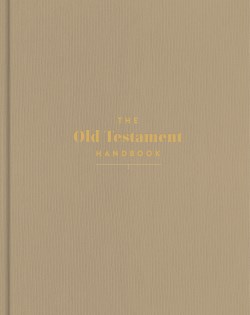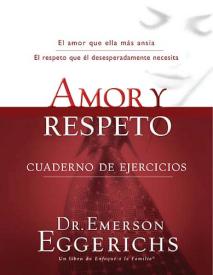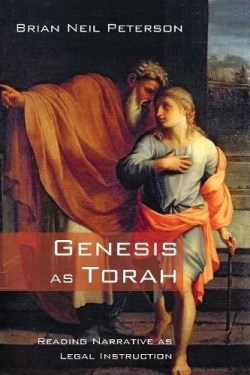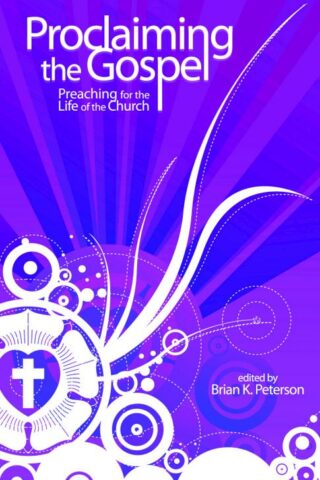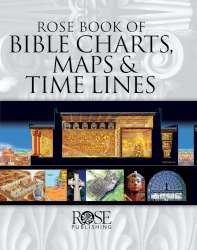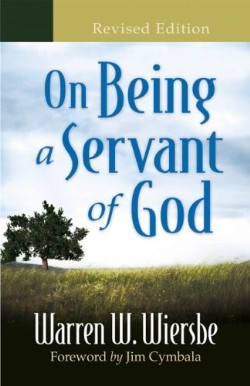Brian Peterson
Showing all 2 resultsSorted by latest
-
Genesis As Torah
$27.00Should Genesis rightly be identified as law–that is, as torah or legal instruction for Israel? Peterson argues in the affirmative, concluding that Genesis serves a greater function than merely offering a prehistory or backstory for the people of Israel. As the introductory book to the Torah, Genesis must first and foremost be read as legal instruction for Israel. And how exactly is that instruction presented? Peterson posits that many of the Genesis accounts serve as case law. The Genesis narratives depict what a number of key laws in the pentateuchal law codes look like in practice. When Genesis is read through this lens, the rhetorical strategy of the biblical author(s) becomes clear and the purpose for including specific narratives takes on new meaning.
Add to cartin stock within 3-5 days of online purchase
-
Proclaiming The Gospel
$40.00This volume captures central emphases of the Lutheran tradition for use in preaching, especially its distinctive use of the Bible, its Archimedean theological insights, and its notion of preaching’s place within the larger liturgical and societal setting. Working from across the whole array of seminary disciplines, the faculty of Lutheran Theological Southern Seminary forges this practical resource around a single vision: the Church of Christ lives from the power of the Word of God, both the law and the gospel. Preaching this Word is a means of grace by which God creates and shapes a redeemed community. This book reflects biblically, theologically, historically, and practically on what it means for the church to preach the gospel of God in the contemporary world.
Add to cartin stock within 3-5 days of online purchase

